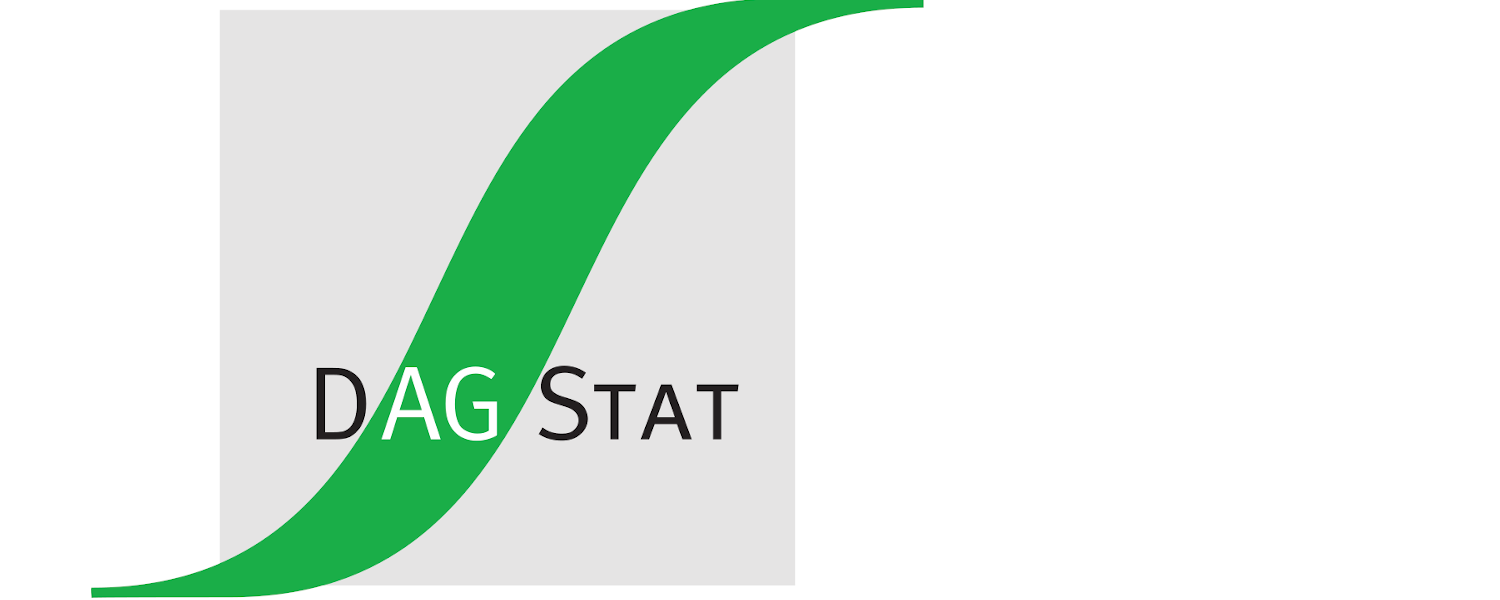Introduction to Microsimulation Methods (Cancelled)
| Date & Time | March 28, 2022, 9:00 a.m. - 5:00 p.m. |
| Location | University Medical Center Hamburg-Eppendorf |
| Minimum Number of Participants | 15 |
| Maximum Number of Participants | 30 |
| Tutorial Fee | 110 € / 80 € (regular / student) |
| Lecturers | Florian Ertz, Hariolf Merkle, Simon Schmaus |
For organizational reasons, the workshop on microsimulation methods planned for the DAGStat Conference 2022 in Hamburg unfortunately had to be cancelled. If you are interested in a "catch-up date" for this workshop, please send an e-mail to Florian Ertz(ertz"AT"uni-trier.de) by April 30th, 2022 at the latest, declaring your interest. Thank you very much!
Content
Microsimulation methods date back to the seminal paper of Orcutt (1957). Since then, they have become increasingly sophisticated, forking into the three broad categories of static models, time-discrete (dynamic) models, and time-continuous (dynamic) models. In a nutshell, microsimulation models generate close-to-reality synthetic data on micro units (like households) that are then projected into the distant future to answer what-if questions (cf. Li and O’Donoghue, 2013). Their main advantage is that they capture complex interactions between these micro units at a spatial level that are lost in macro models. Microsimulations are used in many different fields of application, oftentimes offering an invaluable planning tool for policy. This workshop will give a general introduction into microsimulation methods with some practical examples in R.
The preliminary outline is as follows:
- History of microsimulation
- Static microsimulation models
- Dynamic microsimulation models
- Modules and practical implementation of microsimulation
- Alignment and regionalisation
- Accounting for uncertainty in microsimulation
Requirements
Participants should ideally be familiar with the statistical programming language R and bring their laptop, running an R installation. If data sets have to be downloaded in advance, this will be communicated in due time.
Lecturers
Dr. Florian Ertz
Trier University and Research Institute for Official and Survey Statistics, RIFOSS
Since 2018: Assistant Professor (Trier University) and Managing Director of RIFOSS
2017 – 2018 Post-doctoral Researcher (Trier University)
2011 – 2017: Research Assistant / Ph.D. student (Trier University)
2009 – 2011: Junior Portfolio Manager (DZ PRIVATBANK S.A.)
2003 – 2009: Study of Economics (Trier University and University of Maastricht)
Hariolf Merkle
Destatis and Trier University
Since 2021: Research Assistant (Destatis)
Since 2015: Research Assistant / Ph.D. student (Trier University)
2013 – 2017: Study of Survey Statistics (Trier University)
2011 – 2015: Study of Economics - European Business (Trier University)
2008 – 2011: Study of Economics (University of Mannheim)
Simon Schmaus
Trier University
Since 2017: Research Assistant / Ph.D. student (Trier University)
2013 – 2017: Study of Survey Statistics (Trier University)
2013 – 2017: Study of Economic Sociology (Trier University)
2010 – 2013: Study of Social Sciences (Trier University)
References
- Li, J.; O’Donoghue, C. (2013): A Survey of Dynamic Microsimulation Models: Uses, Model Structure and Methodology. International Journal of Microsimulation, 6(2), pp. 3-55.
- Orcutt, G.H. (1957): A New Type of Socio-Economic System. Review of Economics and Statistics, 39(2), pp. 116-123.
